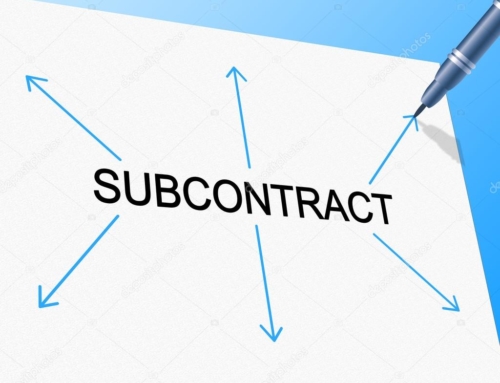Bankruptcy is a tricky subject to navigate delicately, but it is a topic that needs to be discussed. A business owner should understand the gravity and difficulty it takes to file for bankruptcy, but also generally understands why it has to happen. There are predominantly two main types of bankruptcy used for business. Business owners may be allowed to file for Chapter 7 or Chapter 11 bankruptcy to resolve outstanding corporate debts. They can also file Chapter 13 bankruptcy to discharge personal debts incurred to pay a company’s expenses. The different types of bankruptcy work in different ways and knowing the differences between them can help make the process run a lot smoother. Let’s take a look at some of the benefits of filing for bankruptcy as a business owner and what happens during and after the case.
Chapter 7 is a Liquidation Bankruptcy
In a Chapter 7 bankruptcy case, a trustee will liquidate funds and use the money to pay creditors. After total liquidation, if there is a balance remaining, it will likely be forgiven. This is true whether the bankruptcy is related to a business or an individual petition for protection from creditors. If you ran your company as a sole proprietor, both business and personal debts will be eliminated in the same case.
Chapter 11 is for Company Debt Resolution
If you are filing for bankruptcy on behalf of your company, you cannot do so through Chapter 13 of the bankruptcy code. Instead, you will file for Chapter 11 bankruptcy protection. This enables your company to reorganize its debt with the help of a liaison. The liaison may be appointed by the company itself or by a judge.
During a Chapter 11 case, your company will work with creditors such as vendors or employee unions to resolve a company’s current debt situation. Those who have personal secured or unsecured debt amounts exceeding Chapter 13 limits may also be allowed to file for Chapter 11 bankruptcy protection.
Chapter 13 Is Available for Personal Debts
Chapter 13 bankruptcy protection is available for business owners who have taken out personal loans to help fund their businesses. For instance, you may have used a home equity loan to secure financing for your company. If the business fails, you may not have the funds to repay that loan.
Filing for chapter 13 bankruptcy allows you to retain ownership of that home for as long as the bankruptcy case is ongoing. In a typical Chapter 13 case, you have either three or five years to make payments to creditors as part of a reorganization plan.
Filing for bankruptcy is something that you should take seriously. Whether the debts are related to a business or are personal in nature, they can have a serious impact on your credit score. Therefore, it may be worthwhile to speak with an attorney or an accountant prior to doing so.
If you’re thinking of starting a business, or are currently running one, but feel like you need some help. Make sure to get in contact with us and schedule a consultation. We recognize how valuable your time is, and how important your business is to you. We want to help you get better, and for your future to be bright.






